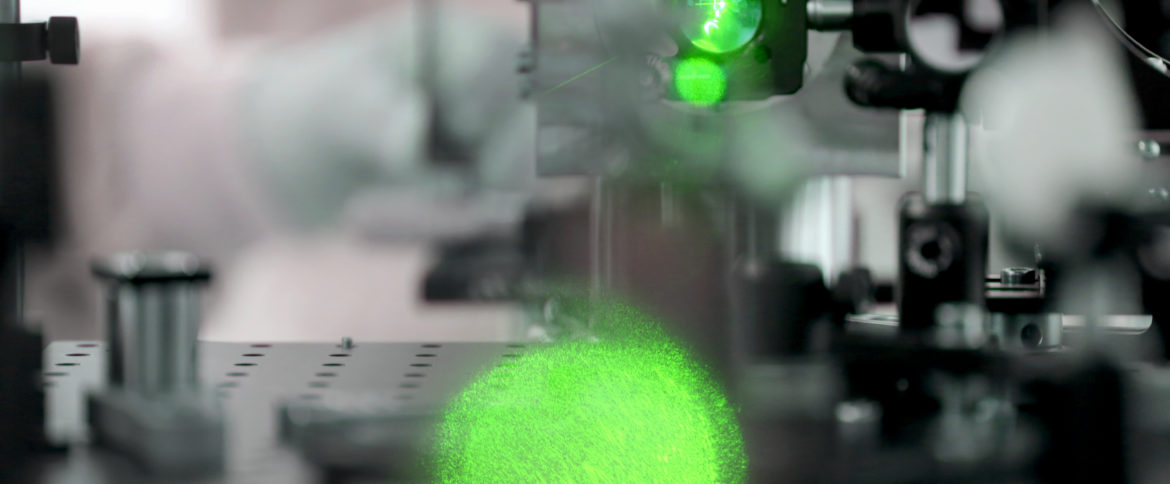The HiLASE centre has taken an active part in the “ATLANTIC” project of the European Commission. The ATLANTIC project is aiming at developing an international collaboration network for developing advanced theoretical models of laser-matter interaction. The project will foster the development of novel theories by bridging the mathematical descriptions developed by a consortium of scientific groups who have pioneered these formalisms. These physical models address in details the timescales from the attosecond to the microsecond and the spatial scales from the nanometer to the millimeter, providing accurate but partial predictions of experimental data in a disjoint manner. Connecting the respective formalisms of these communities will enable to address phenomena that remained unexplained so far and to achieve beyond-state-of-art capabilities.
First activity will be directly interfacing the simulation results provided by participants using mathematical parametrizations generated from first-principle concepts to the large spatial scale models, enabling to predict the consequences of laser-triggered quantum effects within an efficient simplified formalism.
The secondment periods (i.e., scientific stays abroad) will be used to develop hybrid theories made possible by training research staffs and novel generations to mutually understand and contribute to the development of each other’s theoretical descriptions. Interdisciplinarity is at the core of this project as it will be bridging several fields of science: ultrafast phenomena, nonlinear optics, condensed matter physics, quantum chemistry, materials engineering, and laser-materials processing. Within the action, novel formalisms will be developed and emerging applications such as harmonic generation, THz wave generation, laser nanostructuring, materials functionalization, complex materials engineering, compound materials science might be further elucidated along with training young specialists.
The international consortium is composed of 10 countries including 5 members of the EU (Bulgaria, Czech Republic, France, United Kingdoms and Germany) along with 5 non-EU countries (Japan, Russia, Bielorussia, Argentina and Uzbekistan) for a total of 14 participating institutions. The Bulgarian group is the coordinator of the project.
This research is funded by the Marie Sklodowska-Curie Actions (MSCA) Research and Innovation Stack Exchange (RISE) of the European Union (EU) under Grant Agreement No. 823897.
More details at http://www.atlantic-rise.eu/.









